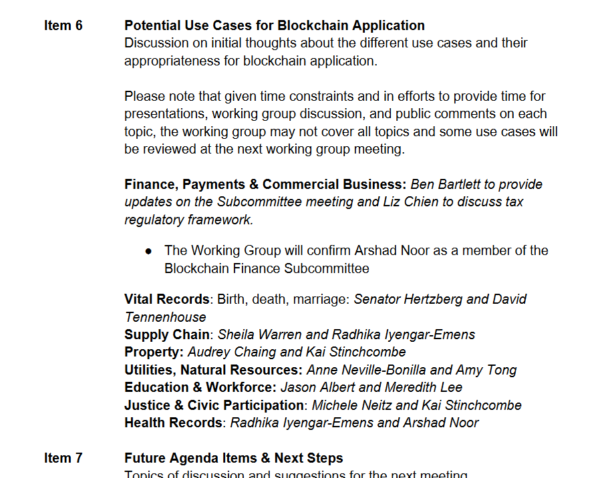

The partner of the Service person must be in paid employment, starting or restarting work within the next 31 days (earning the equivalent of 16 hours at national minimum / living wage).The way the LA delivers its responsibility is by employing foster carers, but the LA remains responsible for the child. Fostered children are ‘looked after children’ and the Local Authority (LA) is responsible for them. Foster children are not eligible, as WAC eligibility is based on Tax-Free Childcare ( TFC) criteria set by HMRC, part of the eligibility criteria for TFC is that the parent has responsibility for the child.

Where the child is normally resident elsewhere for example with another natural parent or relative, the Service person will be unable to claim WAC funding. Adopted children, children of long-term relationships and domestic partner children, where they meet the eligibility criteria, are eligible.
WRAPAROUND SERVICES DEFINITION FULL
WRAPAROUND SERVICES DEFINITION SERIES
The launch comes after a series of successful pilots, where the scheme supported Service families by funding wraparound childcare during term time for eligible Service children aged 4 to 11 years old (up to capped rates).įrom Autumn 2022, eligible Service personnel (Tri-Service) can apply for up to 20 hours per week, term time only (39 weeks per year) of wraparound childcare funding for 4- to 11-year-old children attending before and after school clubs in the UK.

In recognition of the issues that some Service families can face when trying to access wraparound childcare and its potential negative impact on retention, the Secretary of State for Defence has launched The Wraparound Childcare ( WAC) scheme. (Known as ‘Out of School care’ in Wales and ’School Aged Childcare’ in Scotland)Ĭhildcare is a concern that has been and continues to be raised on behalf of Service families by the Families Federations and other stakeholders, and the concern has been reflected in recent surveys carried out by the Families Federations and the wider Armed Forces Continuous Attitude Survey ( AFCAS), and the Families Continuous Attitude Survey ( FAMCAS).įeedback from AFCAS and FAMCAS highlighted that a lack of affordable childcare has a significant impact on partner employment, which can influence service personnel’s decision whether to stay in or leave the Armed Forces.


 0 kommentar(er)
0 kommentar(er)
